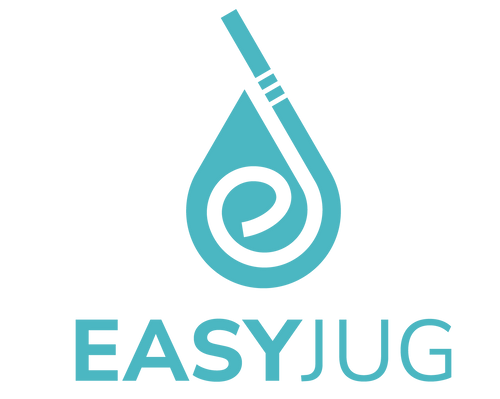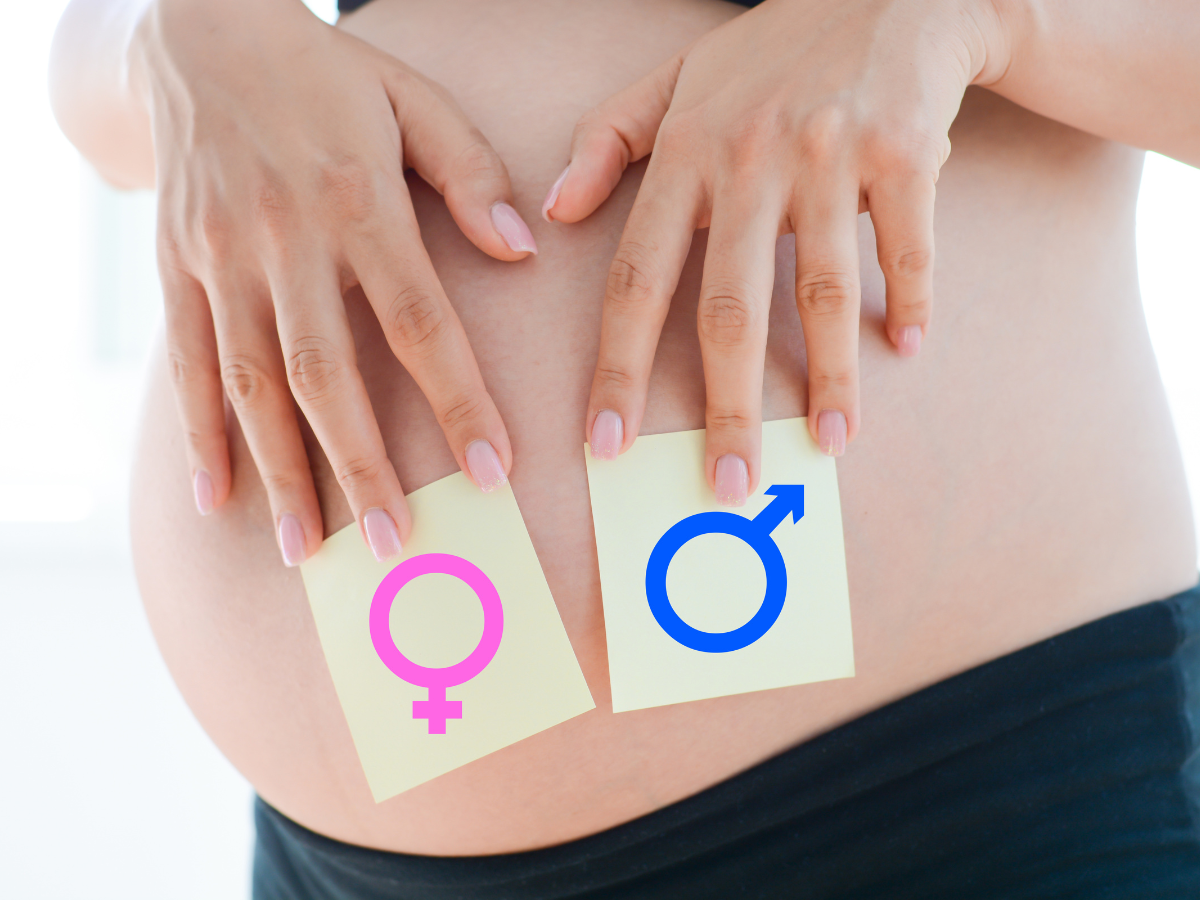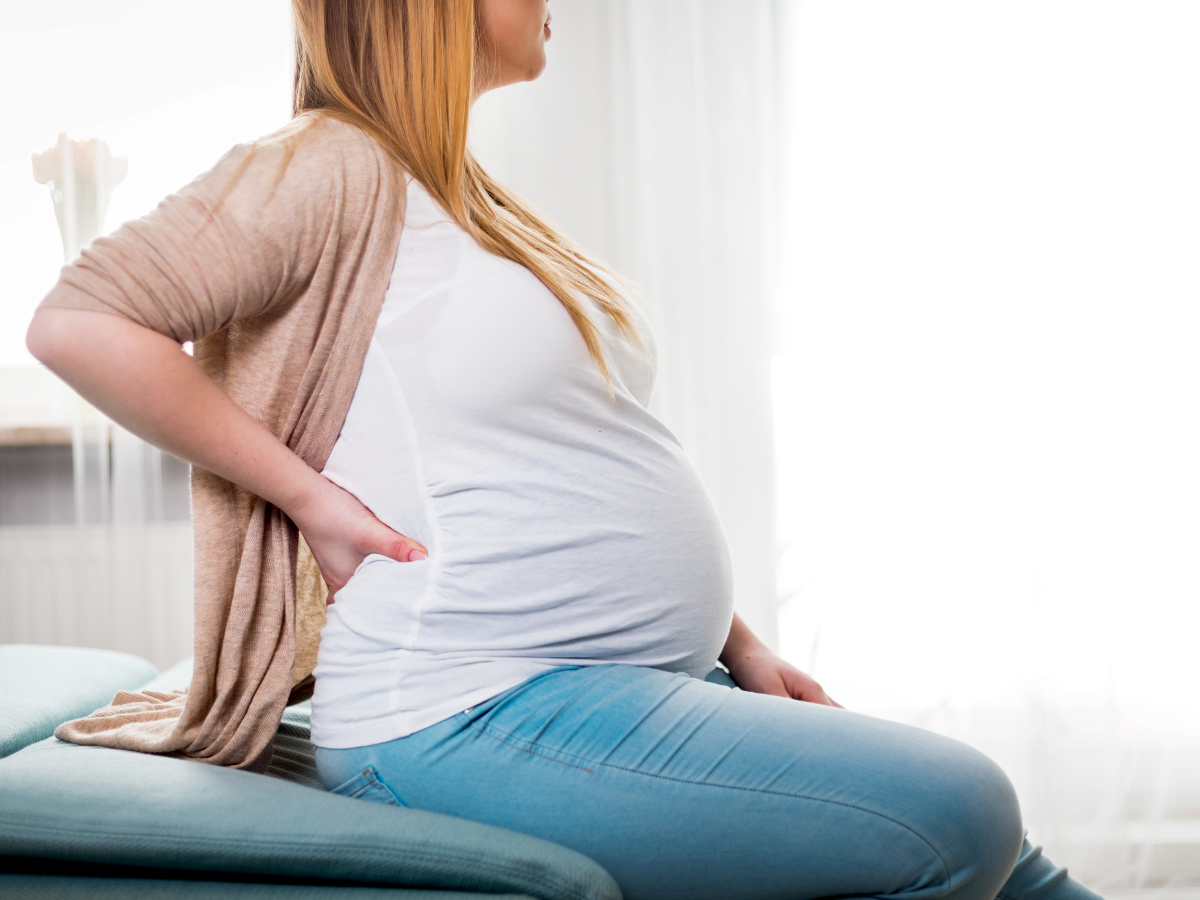We’re diving into the world of twin pregnancies at the 8-week mark. If you’re carrying two little ones, you’re probably noticing some differences compared to a singleton pregnancy.
The Early Signs: Welcome to Your First Trimester
At 8 weeks, you’re well into your first trimester, and twin pregnancies may already be showing their uniqueness. You might have had your early ultrasound, where seeing those two amniotic sacs confirmed your double delight.
Pregnancy Ultrasound Scan: Double the Joy
Typically, the first ultrasound in any pregnancy, including a twin pregnancy, is done around 6 to 8 weeks of gestational age. This early ultrasound is crucial for a number of reasons:
- Confirming the Pregnancy: To confirm the presence of an embryo within the uterus.
- Dating the Pregnancy: To estimate the due date based on the size of the embryo(s).
- Checking for Multiples: To determine if there is more than one embryo or fetus.
- Assessing the Heartbeat: To check for the heartbeat(s) of the embryo(s), which can usually be detected at this stage.
If you suspect you're carrying twins, or there's a reason to believe this could be the case (e.g., higher HCG levels, a larger uterus size for gestational age, or a family history of twins), your healthcare provider may schedule an ultrasound earlier or may be more attentive to signs of a multiple pregnancy during this first scan. After the initial ultrasound, subsequent scans will likely be scheduled to closely monitor the development of both twins.

Twin Belly Size
At 8 weeks, most pregnant women, including those with twins, may not have a very noticeable bump yet, especially if it's their first pregnancy. This early in the pregnancy, the uterus is still within the pelvis, and any increase in belly size is more likely due to bloating and the hormonal changes that affect the gastrointestinal system.
By clinical measures, the uterus with twins at 8 weeks might be a bit larger than with a single pregnancy, but it's unlikely to be significantly noticeable by looking at the belly alone. Remember, every pregnancy is unique, and belly size can vary widely from one person to another. Some factors that influence belly size are body type and whether there have been previous pregnancies. If there are any concerns about the development of the pregnancy or the growth of the fetus(es), it's best to consult a healthcare provider for personalized information and support.
Symptoms of a Twin Pregnancy
You’re not just imagining it – twin mothers often report more pronounced pregnancy symptoms, from extreme fatigue to more distinct food cravings. Frequent ultrasounds might become the norm to monitor your babies’ growth and your amniotic fluid levels.

At 8 weeks of pregnancy, many twin pregnancy symptoms are similar to those of a single baby but often intensified. Here’s what you might expect:
- More Noticeable Morning Sickness: Because of higher hormone levels, nausea can be stronger in twin pregnancies than in single pregnancies.
- Rapid Uterine Growth: The uterus expands more quickly to accommodate two babies.
- Higher Levels of Fatigue: The body is working overtime, which can lead to feeling more tired than usual.
- Elevated HCG Levels: These may be significantly higher in twin pregnancies, which can sometimes be picked up in early pregnancy blood tests.
- Visible Weight Gain: You may start gaining weight sooner as your body adapts to nourishing two babies.
- Increased Breast Tenderness: With more hormones circulating, the breasts may feel more tender.
- Extreme Hunger or Increased Appetite: You might find yourself hungrier as your body requires more calories.
- Bloating and Increased Gas: Digestive changes can cause more bloating and gas.
- Mood Swings: Emotional changes can be more pronounced due to hormonal fluctuations.
- Early Pregnancy Bump: Some mothers report showing a baby bump earlier in twin pregnancies.
- Frequent Urination: The growing uterus puts more pressure on the bladder, leading to more trips to the bathroom.
It's essential to remember that while these symptoms can be indicative of a twin pregnancy, they're not a confirmation, and many of these can vary in intensity from person to person. Always consult with your healthcare provider for advice and confirmation.

Risks and Rewards: Monitoring is Key
Being pregnant with twins does mean you’re at a higher risk for conditions like gestational diabetes and high blood pressure. Regular check-ups are your best way to stay on top of your health and that of your twins.
Health and Nutrition: Eating for Three
Pregnant women with twins need to focus on a balanced diet to ensure adequate nutrition. Folic acid becomes even more critical, so make sure to discuss your needs with your health care provider.
The Vital Role of Hydration During Your Twin Pregnancy at 8 Weeks
As you journey through the 8th week of your twin pregnancy, hydration takes center stage. Let’s delve into why keeping your fluid intake up is not just important but essential during these early weeks:
-
Supports Amniotic Fluid Levels: Amniotic fluid is crucial for the development of your twins, and staying hydrated helps maintain these levels, ensuring your babies have the space and nutrients they need to grow.
-
Enhances Nutrient Transport: Water is the conduit for delivering essential nutrients through your bloodstream to your growing babies, playing a key role in their development.
-
Prevents Dehydration Symptoms: With the increased blood volume needed for twin pregnancies, dehydration can occur more quickly and may lead to headaches, nausea, and cramps—symptoms we know you’re eager to avoid!
-
Reduces Risk of Preterm Labor: Proper hydration can reduce the risk of contractions and preterm labor, which can be a concern in twin pregnancies.
-
Improves Elasticity of Your Skin: Hydration helps your skin stretch with your growing belly, and while it’s not a surefire solution to stretch marks, it certainly helps your skin cope with the rapid changes.
-
Helps in Waste Elimination: Increased hydration aids your kidneys in flushing out the waste products from both your body and your babies’, which is especially critical as your system works harder during twin pregnancies.
-
Keeps Your Energy Levels Up: Fatigue is common at 8 weeks, and dehydration can make you feel even more tired. Drinking plenty of fluids helps maintain your energy levels.
Tips for Staying Hydrated
- Set a Water Goal: Aim for at least 8-10 glasses of water a day, more if you’re active or it’s hot.
- Incorporate Hydrating Foods: Eat fruits and vegetables with high water content, like cucumbers and watermelon, to help with hydration.
- Monitor Your Hydration: Pay attention to the color of your urine; pale yellow means you’re on the right track.
- Limit Caffeine: It can contribute to dehydration, so try to reduce the amount of caffeinated beverages you consume.
- Use a Water Bottle: Keep a water bottle on hand at all times as a reminder to drink regularly throughout the day.
Remember, while water is the best source of hydration, you can also include other fluids like milk, herbal teas, and natural fruit juices. However, be mindful of added sugars and artificial ingredients. If you’re having a hard time with water intake due to morning sickness, try adding a slice of lemon or ginger to help with the taste and nausea.
EasyJug: Your Hydration Companion for Twin Pregnancy and Beyond
Navigating the waters of a twin pregnancy can be quite the journey, especially as you enter the third trimester and postpartum when your needs—and your babies’—are growing by the day. Here’s why EasyJug is the perfect mate for this adventure:
-
Hands-Free Hydration: With the motto “Hold your baby, not your water bottle,” EasyJug is crafted to complement the multi-tasking nature of motherhood. Its 2.2L capacity ensures you’re well-stocked on H2O, crucial for breastfeeding two little ones, while the 47-inch straw allows for hands-free hydration, letting you nurse in any position—yes, even while lying down!
-
Designed for Comfort: The EasyJug is a must-have item for your hospital bag. In the moments post-delivery when comfort is paramount, and movement might be challenging, the long straw of EasyJug means you can drink with ease, without needing to sit up or reach out.
-
Perfect for Nursing: Create a cozy nursing station and let EasyJug take care of your thirst. Whether you’re cradling one baby or both, or it’s a late-night feeding session, you can hydrate effortlessly without disrupting the precious bond between you and your babies.
-
Leak-Proof and Convenient: Post-drink, simply clip the straw to the lid to prevent any spills. EasyJug understands that a mother’s time is precious—no fuss, no mess, just easy sipping.
-
Supports Recovery and Breastfeeding: Keeping hydrated is key to postpartum recovery and maintaining a healthy milk supply, especially when breastfeeding twins. EasyJug not only makes it convenient to stay on top of your water intake but also encourages the continuation of healthy hydration habits.
EasyJug isn’t just a water bottle—it’s a thoughtfully designed companion that supports you through the late stages of pregnancy, the delivery room, and into the whirlwind of motherhood. With EasyJug, you’re equipped to stay hydrated and comfortable, freeing you to focus on what really matters—nurturing and nourishing your new arrivals.

Embracing the Twin Experience
Yes, twin pregnancies can be a hard time with more discomfort and more frequent visits to the fetal medicine specialist, but it’s also a time of immense joy. You’re creating two lives at once! Imagine that moment during your anatomy scan when you might see your twins' faces or learn the sex of your babies.
Remember, every pregnant woman's journey is unique. While singleton pregnancies have their own roadmap, twin moms have a special path that’s equally remarkable.





